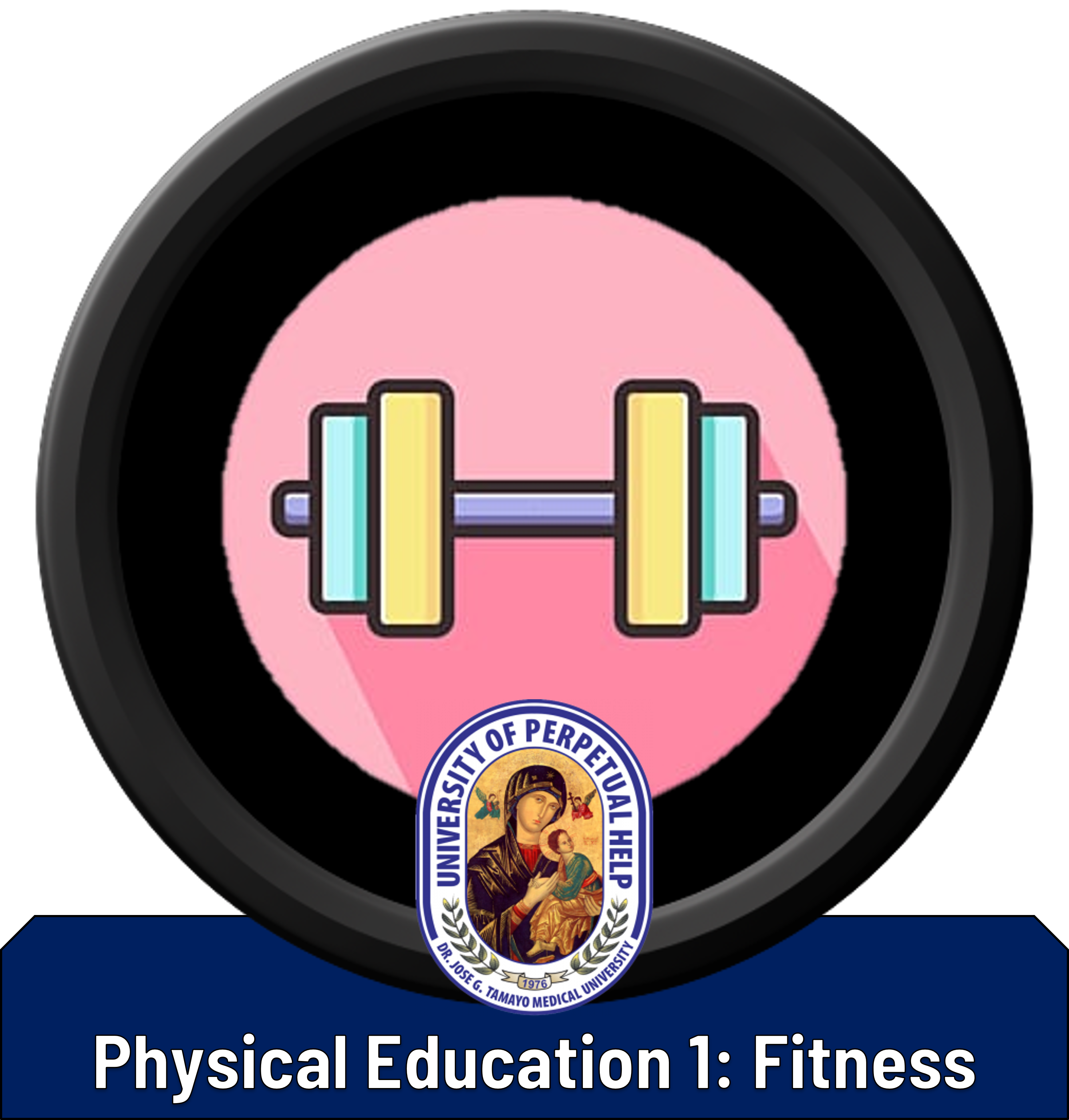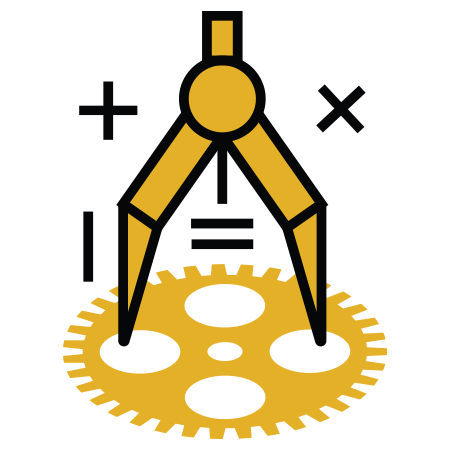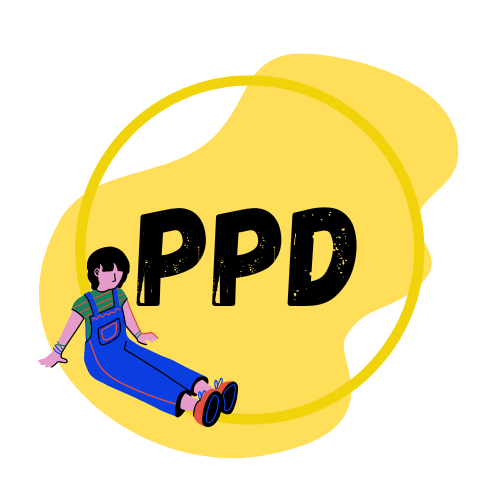- Teacher: Jethro Dolph Anongos
- Teacher: MICHAELA CARCABUSO
- Teacher: GWYNETH DAUG
- Teacher: Cheryll Ladd Hipolito
- Teacher: JOANNA MARIE JOCOSOL
- Teacher: CLOUDINE JOY TIGUE
- Teacher: Roy Vincent Garcia
- Teacher: Cheryll Ladd Hipolito
- Teacher: Mariela Maceda
- Teacher: Henjie Quezon
- Teacher: John Mark Ricohermoso
- Teacher: Mariela Maceda
- Teacher: Aldrine Jay Santos
- Teacher: Annamarie Cabas
- Teacher: KEVIN DELFIN
- Teacher: JOANNA MARIE JOCOSOL
- Teacher: Jovy Lachica
- Teacher: Archie Cecil Meris
- Teacher: Erica Mae Marquez
- Teacher: MA. ROSALIE M. PACLEB
- Teacher: Ramchelle Aive Quintano
This course on exercise for fitness enables the learner to set goals, monitor one’s participation in aerobic and muscle- and bone-strengthening activities and constantly evaluate how well one has integrated this into one’s personal lifestyle. It consists of an array of offerings which learners can choose from.

- Teacher: KEVIN DELFIN
- Teacher: Jovy Lachica
- Teacher: Archie Cecil Meris
- Teacher: Mariela Maceda
- Teacher: Henjie Quezon
- Teacher: John Mark Ricohermoso
- Teacher: MICHAELA CARCABUSO
- Teacher: Cheryll Ladd Hipolito
- Teacher: JOANNA MARIE JOCOSOL
- Teacher: Katherine Kate Mercader
- Teacher: Aldrine Jay Santos
- Teacher: Jethro Dolph Anongos
- Teacher: Didrei Bulintao
- Teacher: GWYNETH DAUG
- Teacher: Roy Vincent Garcia
- Teacher: Cheryll Ladd Hipolito
- Teacher: JOANNA MARIE JOCOSOL
- Teacher: DIELIEAN SALDO
- Teacher: Aldrine Jay Santos
- Teacher: Didrei Bulintao
- Teacher: Jovy Lachica
- Teacher: DIELIEAN SALDO
- Teacher: CLOUDINE JOY TIGUE
- Teacher: Jayson Rivera
This subject is designed to enhance the understanding of the principles and concepts in the study of biology, particularly life processes at the cellular and molecular levels. It also covers the transformation of energy in organisms.

- Teacher: Jean David Climaco
- Teacher: Harvey Macha
- Teacher: Habagat Payno
- Teacher: Aimee Gene Danette Tadeo
- Teacher: Erica Mae Marquez
- Teacher: MA. ROSALIE M. PACLEB
- Teacher: Ramchelle Aive Quintano
This course is designed to familiarize the students with the basic concepts, principles, and processes related to business organization, and the functional areas of
management. Particular emphasis will be given to the study of management functions like planning, organizing, leading, and controlling, and orient the students on the
importance of these functions and the role of each area in entrepreneurship.
- Teacher: Belen Vargas
Pagsulat ng iba’t ibang anyo ng sulating lilinang sa mga kakayahang magpahayag tungo sa mabisa, mapanuri, at masinop na pagsusulat sa piniling larangan.
- Teacher: John Mark Ricohermoso
At the end of the course, the students must know how to solve problems involving rational, exponential and logarithmic functions; to solve
business-related problems; and to apply logic to real-life situations.
- Teacher: Ramchelle Aive Quintano
The
course explores the main tenets and practices of major world religions:
Judaism, Christianity, Islam, Hinduism, Theravada Buddhism, Mahayana Buddhism,
Confucianism, Taoism and Shintoism. It aims to help learners understand the
historical contexts of nine religions, appreciate their uniqueness and
similarities and promote mutual understanding among believers of different
faiths.

- Teacher: CLOUDINE JOY TIGUE
This subject under the ICT strand will focus on animation, in which students is expected to express their visual creativity through drawing, storytelling, and other visual media with the aid of computer technology.
- Teacher: Jayson Rivera
This subject is specific on ICT strand and will focus on how to install, configure and maintain computer systems and networks. It develops students' skills in diagnosis and troubleshooting of computer systems, as well as in the performance of computer operations.

- Teacher: Jayson Rivera
At the end of the course, the students must be able to apply concepts and solve problems involving conic sections, systems of nonlinear equations, series and mathematical induction, circular and trigonometric functions, trigonometric identities, and polar coordinate system.


